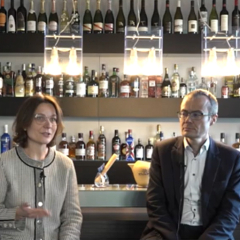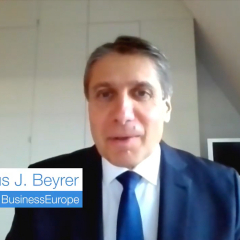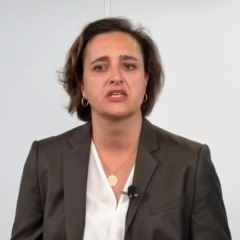Recommendations on the implementation of EU free-trade agreements
Key messages
- The administrative steps necessary to benefit from preferential duties under a free trade agreement (FTA) create costs for both the exporting and importing companies. If the potential duty savings under an FTA are relatively low and the required administrative procedures are relatively costly, companies may choose to pay the most-favoured-nation duty instead of applying for the preferential one. To maximise the extent to which the preferences granted under the EU FTAs are utilised by companies of all sizes, processes need to be simplified and red tape needs to be minimised as much as possible.
- Comprehensive and easily accessible information that is presented in a way understandable to non-experts is essential to enable companies of all sizes, and particularly small and medium-sized enterprises, to benefit more from EU FTAs. It reduces the upfront costs associated with gathering the necessary information and makes outreach activities more impactful. The new ‘Access to Markets’ portal provides an opportunity to make more comprehensive information available to companies, including in areas that have so far been neglected, such as trade in services and public procurement.
- Both in the EU and in partner countries there remains a lack of awareness of the opportunities that FTAs offer. The EU institutions and member states need to work more actively with all relevant stakeholders and the partner countries concerned to change this. This should include the development of binding national implementation action plans for each FTA before its entry into force as well as increased outreach activities towards importers in partner countries.
- To ensure that rights under FTAs are enforced and opportunities seized, the Chief Trade Enforcement Officer (CTEO) and his team should establish and coordinate a comprehensive enforcement strategy. The CTEO should focus on a positive agenda, where possible, and proactively use the mechanisms available under FTAs for the benefit of the trade relations between the EU and its partners. He should regularly involve all relevant stakeholders and not abuse his powers for protectionist purposes.
- The European Commission annual report on the implementation of EU FTAs provides valuable insights to business and the broader civil society. As the appointment of an EU CTEO will shift the focus of EU trade policy more towards the full implementation of existing FTAs, a comprehensive account of all relevant aspects of FTA implementation will be even more important. Therefore, future editions of the annual report need to shed more light on areas that have so far been neglected, including trade in services, public procurement, investment, and regulatory cooperation.





